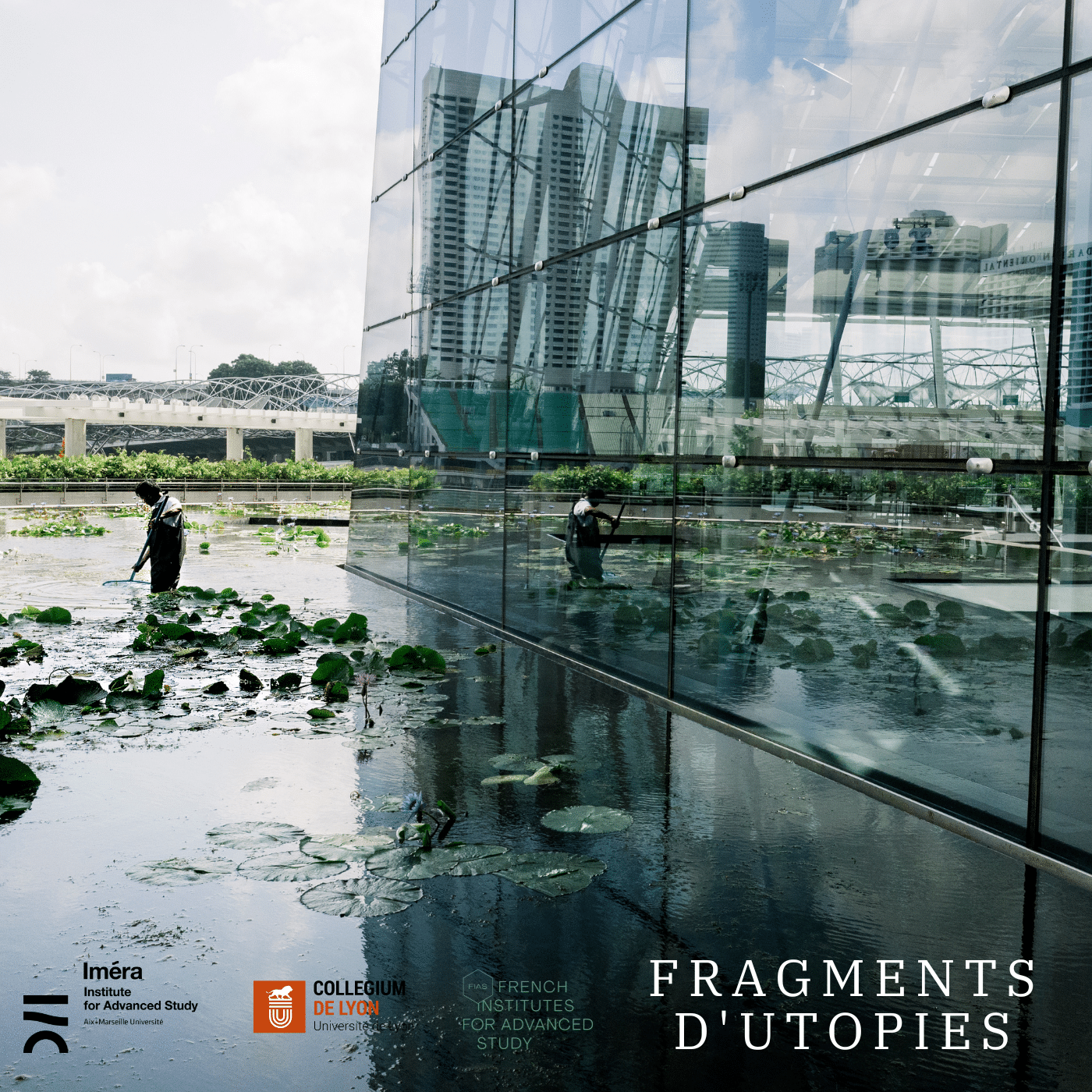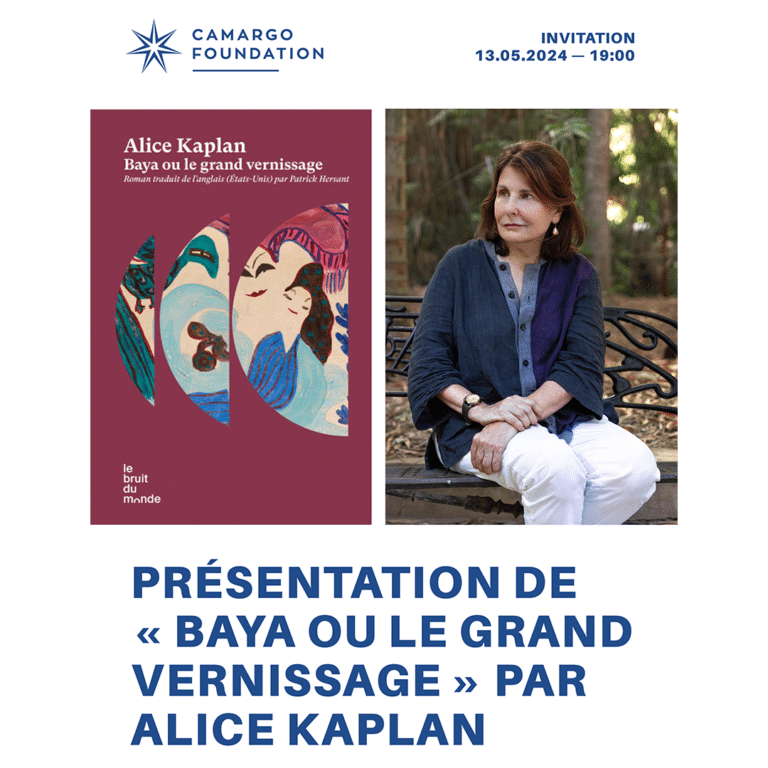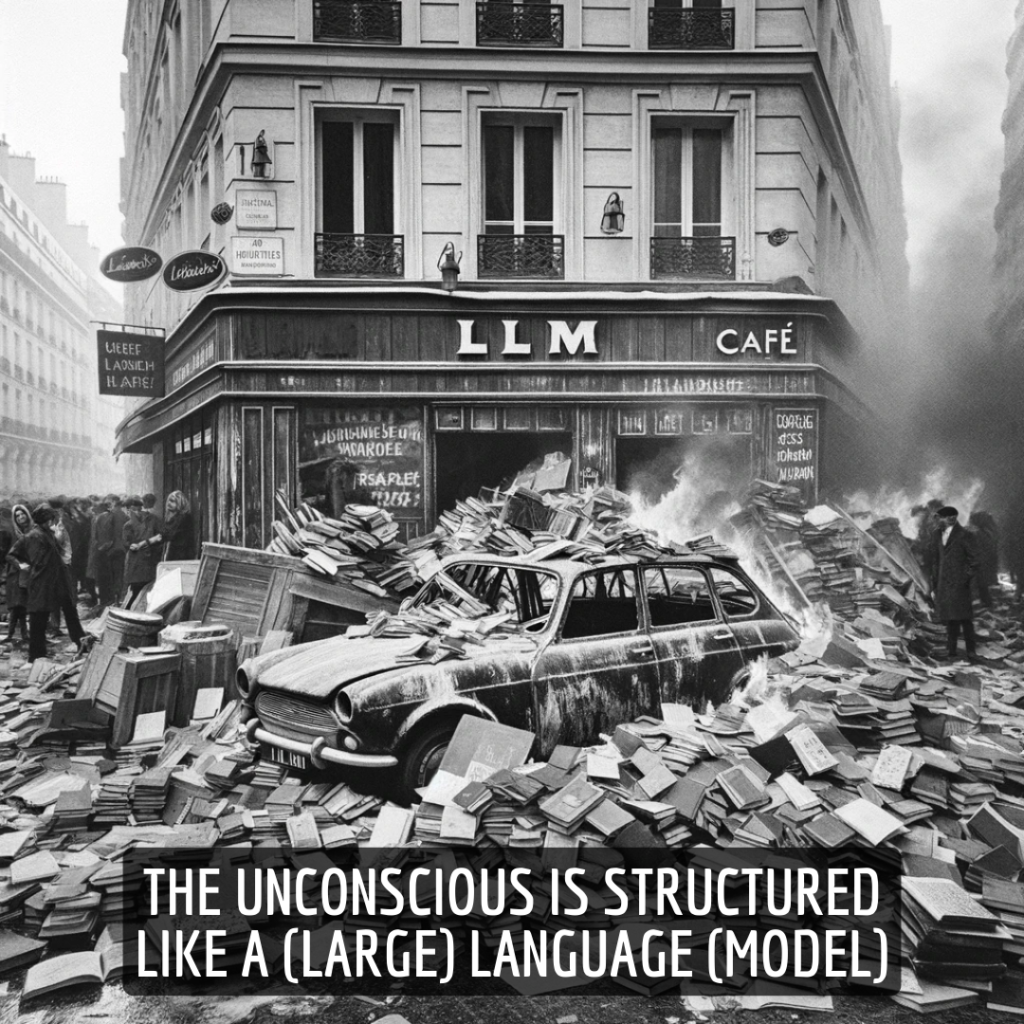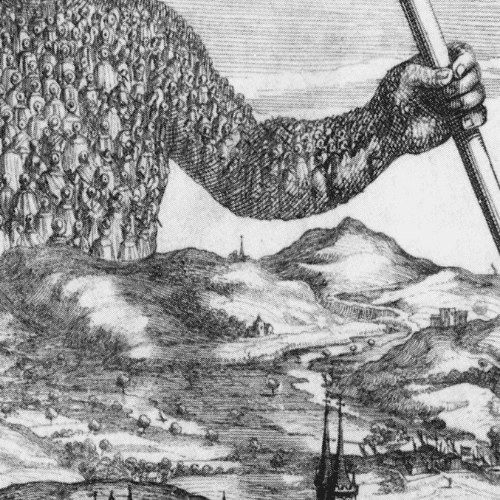A joint event of Collegium-Institut d’Etudes Avancées de l’Université de Lyon & Iméra, Institut d’études avancées (IEA) d’Aix-Marseille Université
Co-organized by Professors Olga Dror (Texas A&M University and Collegium-Institut d’études avancées de l’Université de Lyon) & Gerard Sasges (National University of Singapore and Iméra, Institut d’études avancées (IEA) d’Aix-Marseille Université / French Institutes for Advanced Study Fellow)

[ Event program ]
Glenn Dutcher, Ohio University and Collegium de Lyon, “Utopia and Fairness”
Fairness serves as the foundation of Utopia, but what is fair, how do we judge it and do we consistently behave in a fair manner? Substantive and procedural judgments of fairness can be tested with the ultimatum game and the dictator games. After explaining the game’s core concepts and a general theory of inequality aversion, I will highlight empirical findings shedding light on how humans view fairness. These results have implications for the (un)feasibility of a Utopia.
Robert Krause, Albert Ludwig University of Freiburg and Imera, “The roles of narratives in the construction of utopias: the example of universal income”
In some recent utopian narratives, universal income plays a key role. The conference will focus on the narrative function of this element in order to contribute to the question of how utopias can be constructed. Two recently published time utopias will be examined as examples: the books of Yanis Varoufakis (Another Now. Dispatches from an Alternative Present [2021]) and Daniel Weißbrodt (Kurzer Abriss der Deutschen Geschichte 2022-2050 [2019]).”
PANEL 3: INFRASTRUCTURES OF UTOPIAS
Paul Josephson, Colby College, “Technological Utopias of the Internet Age”
Futurologists, innovators, entrepreneurs and others have long identified novel technological systems as the solution to a variety of transportation, communication and other human needs. Yet technologies are a product of the present and tied into existing social, political and cultural structures that shape future possibilities. This presentation will consider the promises and realities of three technologies of the internet age – autonomous automobiles, internet dating and electronic bathrooms – and the ways in which forces of greed, selfishness, racism and sexism may limit hopes for a cleaner, quieter, and safer future.
Eglė Rindzevičiūtė, Kingston University London, “De-fragmenting Utopias: Inheriting Nuclear Material Culture in the Post-Soviet Russia”
This presentation suggests that industrial heritage constitutes an interesting case of the material culture of utopias. Focusing on nuclear cultural heritage-making in two Soviet atomic cities, Obninsk and Sarov, it traces the development of the celebratory and critical narratives in the attempts to make sense of the nuclear infrastructures. The presentation discusses the ambivalence of the material nuclear culture as it can be deployed to challenge and bolster the nationalist and imperialistic notions of Russian nuclear power asking, to what extent the Soviet utopia of nuclear power can be de-fragmented through critical cultural heritage.
PANEL 4: BETWEEN UTOPIAS AND DYSTOPIAS
Verónica Zubillaga, Universidad Simón Bolívar and Collegium de Lyon, “The Bolivarian Revolution in Venezuela: from Hugo Chávez’s promise of social transformation to Nicolás Maduro’s necropolitics”
The Bolivarian Revolution in Venezuela is a tragic case of how a utopian project can become a dystopian nightmare for its inhabitants. My reflection will start from the promises of the social and political emancipation project led by Hugo Chávez to the practice of systematic killing deployed by the government of Nicolás Maduro. We will dialogue with the notion of necropolitics developed by the Cameroonian philosopher Achille Mbembe. We will end our reflection with the notion of Tragic Optimism proposed by Viktor Frankl to describe the work developed by social organizations and victims of state violence in the search for justice in the country.
Gerard Sasges, National University of Singapore and Iméra, “Singapore and the utopia of impermanence”
What is the effect of living in a place without lieux de memoire, where landscapes are constantly remolded and neighborhoods vanish according to a 60-year cycle? How do individuals respond to life in a society where the human is being replaced by the technical? What if the change that people aspire for is stability, and dignity and independence are to be found at society’s margins? These questions emerge from 300 in-depth interviews of working people in Singapore across a range of occupations, ages, and ethnicities. Their stories document their aspirations for permanence as much as change and their ongoing efforts to maintain spaces of agency and dignity in a world where developmentalist rhetoric and technological practices converge in the promise of a depoliticized utopia.
Olga Dror, Texas A&M University and Collegium de Lyon, “Algerian Utopia of Vietnam”
In 1970, a famous Algerian author Kateb Yacin wrote a play entitled “L’homme aux sandales de caoutchouc” (the man with rubber sandals) that takes place in Vietnam. Yacin’s choice of Vietnam was not accidental. Like Algeria, Vietnam was a French colony and, like Algeria, it fought for its independence. This play is Yacin’s utopian representation of Communist Vietnam and its leader Ho Chi Minh to express his bitter disappointment in and resentment toward how nationalist leaders constructed Algerian independence. “Utopianizing” Vietnam was his rebuke to Algerians and his appeal to follow the example of Communist Vietnam.
Natália Ayo Schmiedecke, University of Hamburg, “Concretizing the Revolutionary Utopia through Art in Latin America: Chilean New Song and OSPAAAL”
Revolutionary expectation and rapprochement between art and politics were hallmarks of the Latin American 1960s and 1970s. In this context, writers and artists felt responsible for contributing to increase the subjective conditions that would lead to the Third World revolution. In this presentation, I will argue that the artists sought to realize the utopias of the period in their works. I will focus on the cases of the New Chilean Song movement and the graphic art of OSPAAAL to analyze different aesthetic resources used by musicians and visual artists to bring together different contexts, building the desired identity and unity of the “wretched of the earth”. I will also reflect on the limits of this project.
Adam Yuet Chau, Cambridge University, “Calm Countenance, Peaceful Heart, Pure Land: The Making of Buddhist Subjects and Dharma Utopia in the Contemporary Sinophone World”
The dominant strand of Chinese Buddhism in today’s Sinophone world is the so-called ‘Buddhism for the human realm’ (renjianfojiao), advocating the building of Pure Land in this world through the individual yet cumulative efforts of millions of Buddhist devotees. This utopic project is grandly aspirational, yet seemingly realisable on smaller scales in one’s household; in one’s relationship with neighbours, friends and work mates; but most importantly through transforming oneself into a bodhisattva, maintaining a peaceful heart, wearing a calm countenance and radiating dharmic benevolence wherever one finds oneself.
Christophe Bruno, Iméra, “When ideologies become form”
This conference will take place around the artistic practice of Christophe Bruno, with a focus on his recent work, Bursts (artistic project realized in collaboration with Chrystelle Desbordes, art historian), 2023. When ideologies become form will present a comparison of the aesthetic and political forms of the network, between utopias and dystopias. It will be a question of how these questions relate to the visual history of ideologies, which can also be grouped under the generic expression: “Propaganda by the image.”



